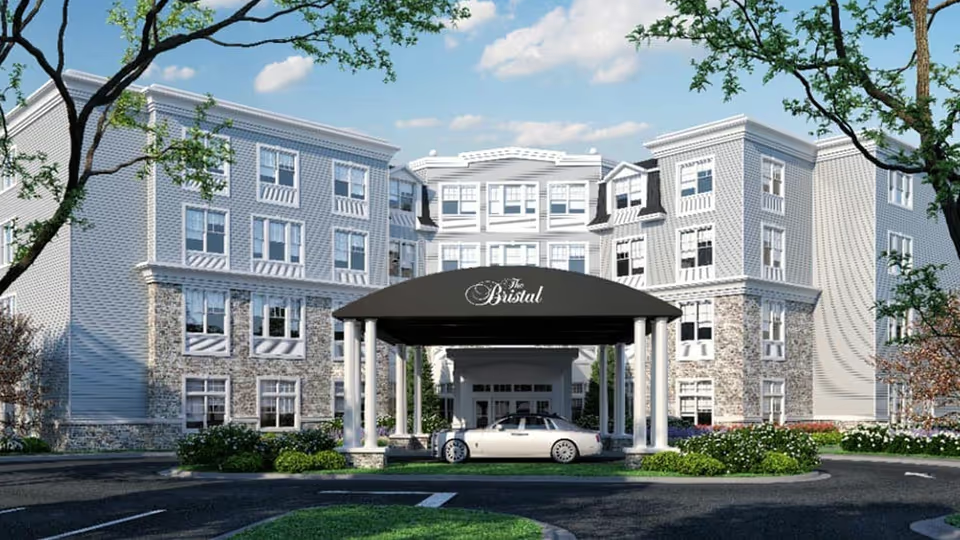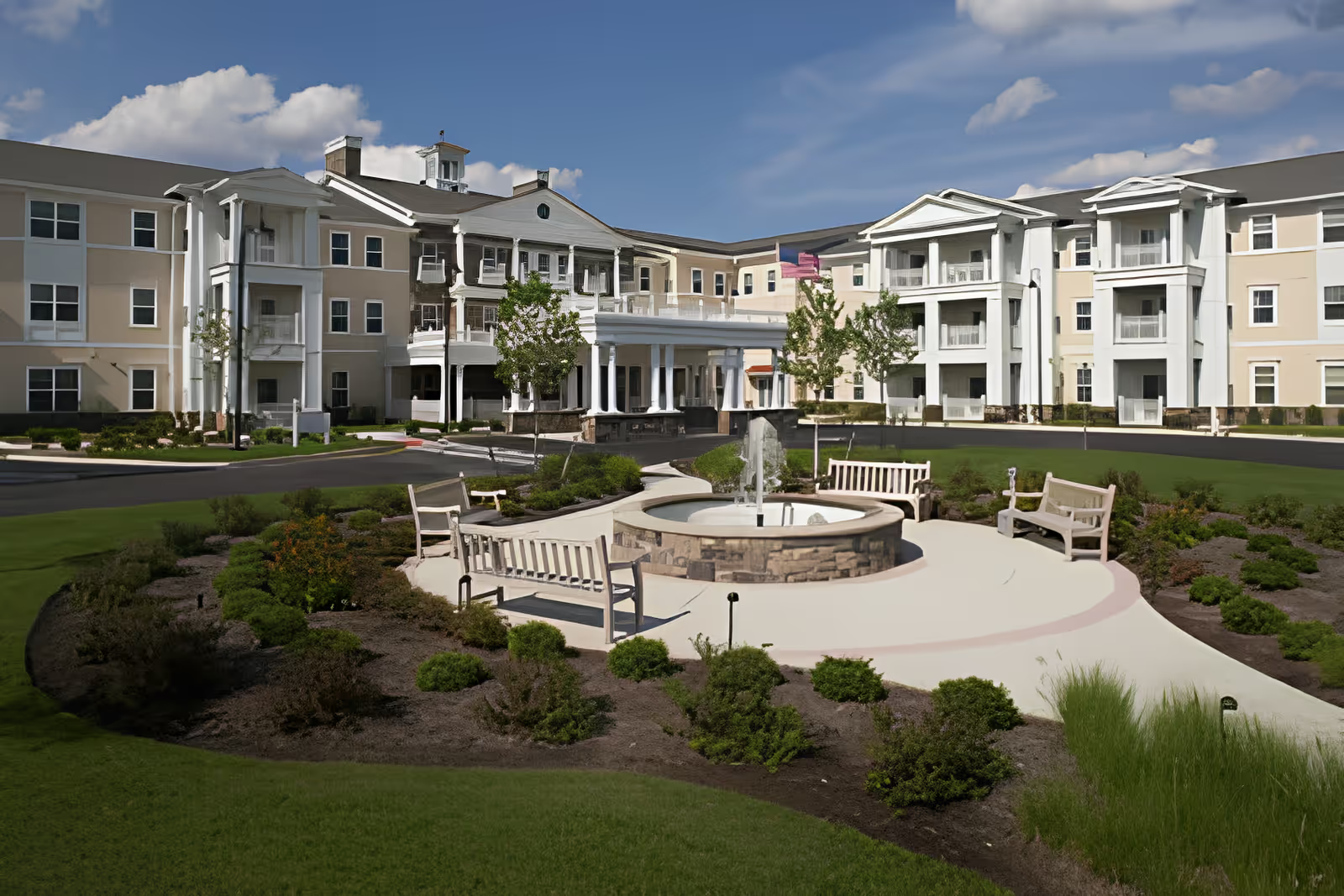Overall sentiment across reviews for CareOne at Hanover is sharply polarized: a large number of reviewers describe excellent, compassionate, rehabilitation-focused care with strong therapy outcomes, while a comparably large set of reviews report serious lapses in clinical safety, staffing, communication, and administration. Many families credit the facility with successful rehab recoveries (regained ambulation, resolved delirium, improved strength), outstanding therapists, attentive social workers, and individual staff members who provided exemplary, personalized attention. Conversely, other reviewers describe scenarios of neglect—missed medications, delayed or absent physician attention, wound-care delays, infections, and inadequate dementia care—resulting in hospital transfers and deep dissatisfaction.
Care quality and clinical safety are a central and recurring theme. Positive reviews repeatedly highlight the therapy department (PT/OT/speech) as a core strength: patients report daily therapy, rapid mobilization, and measurable improvement such as walking with a walker after rehab. At the same time, many negative reviews describe medication administration problems (missed doses, wrong antibiotics, medication not given after physician order changes), delayed wound dressing, bedsores, dehydration, and even pneumonia. Several reviews cite cases where physicians were not promptly involved or present, or where staff misrepresented physician orders—issues that raise patient-safety concerns. This conflict suggests that while clinical competence exists on many shifts, there are dangerous inconsistencies that families should monitor closely.
Staffing, staff behavior, and variability dominate the narrative. Numerous reviews praise individual nurses, CNAs, therapists, and administrators by name for compassionate, responsive care and personal attention. Many accounts specifically say aides and some nurses 'went above and beyond' and point to supportive recreation directors and social work. However, an equally large portion of reviews report short-staffing, long waits for assistance (sometimes 20+ minutes or much longer), apathetic or rude staff, and poor night/after-hours coverage. High turnover among management and front-line staff is repeatedly mentioned, which correlates with reports of inconsistent care and shifting culture. The net picture is a facility where excellence is possible but unevenly delivered depending on the day, unit, or shift.
Facility environment, housekeeping, and laundry are described very inconsistently. Many reviewers praise a beautiful, new or well-kept facility with large private rooms, clean common areas, and good maintenance. Numerous accounts emphasize spotless conditions and a pleasant, home-like environment with spaces for families to visit. Conversely, several reviews report urine smells, floors not being mopped, dirty bathrooms, laundry piling up, and missing clothing items. These opposite experiences suggest variability in environmental services and possible unit-level differences (for example, first floor vs other floors).
Dining and activities receive mixed reports. Multiple reviewers commend a broad menu, special meals, a chef who engages with residents, and high-quality meals described as 'five-star' or 'above-average.' Activity programming—music therapy, singing, bingo, outings, and a proactive activities director—also receives strong praise in many reviews. However, other reviewers call food service 'horrible' and say meals arrive unopened or that dietary restrictions (e.g., gluten-free) were not followed. Several reviews cite lack of activities in certain cases, particularly for residents with dementia. Again, consistency appears to be the issue.
Administration, communication, and billing are recurrent problem areas in the negative reviews. Positive feedback exists for administrators who are engaged and responsive (several named managers received praise), but many families report poor communication, unanswered phone calls, delayed or erroneous Medicare billing (including large unexpected charges), management indifference to complaints, and failure to follow advance directives. Several reviews explicitly describe administrative failures that led to emergency room transfers or distressing end-of-life situations. These governance and process breakdowns are as significant to families as clinical care.
Memory-care and dementia-specific concerns stand out among negative reports. Multiple reviewers state staff lack dementia training or that the memory-care unit was unsafe or poorly managed, with reports of evictions, threats, and minimal therapeutic engagement for residents with cognitive impairment. Positive mentions of dementia-competent care are rare, making this an area families should probe carefully if applicable.
Infection control and safety also appear in negative feedback: reviewers mention COVID outbreaks, perceived lax screening, and attribution of infection spread to facility practices. Such reports raise questions about infection-prevention consistency over time and across units.
Patterns and recommendations for families: the reviews indicate that CareOne at Hanover can deliver excellent, rehab-focused outcomes and highly compassionate care—particularly when experienced, well-staffed teams are in place. However, inconsistent staffing, variable clinical practices, and administrative breakdowns produce a nontrivial risk of missed care, communication failures, and billing disputes. If considering this facility, families should (1) ask for the nurse-to-resident staffing ratios for the specific unit and typical weekend/night coverage, (2) request names of the primary nurse, CNAs, therapist leads, and social worker and secure direct contact information, (3) verify medication management protocols and physician visit frequency, (4) confirm dementia-care training and supervision if placing a memory-care resident, (5) get explicit written expectations about housekeeping, laundry, and personal item tracking, and (6) review the admission agreement and billing practices thoroughly, including Medicare/insurance billing timelines.
In summary, CareOne at Hanover shows many strengths—especially its rehab/therapy program, individual caregivers who are compassionate and highly skilled, and attractive facilities—but reviews reveal serious inconsistencies across shifts and units that have led to clinical and administrative failures for some residents. The net advice from the review corpus is that outcomes appear highly dependent on which staff are on duty and how well leadership is managing a particular unit at a given time. Families who choose this facility should do so with active oversight, frequent communication, and clear written agreements to help ensure the positive experiences many report are the consistent norm for their loved one.







